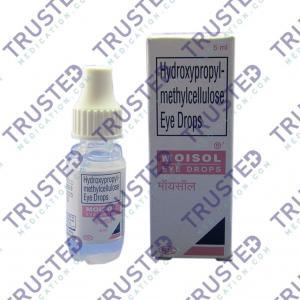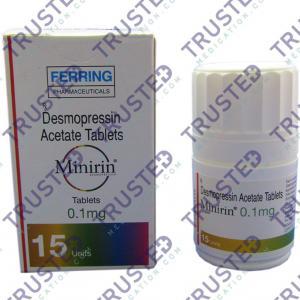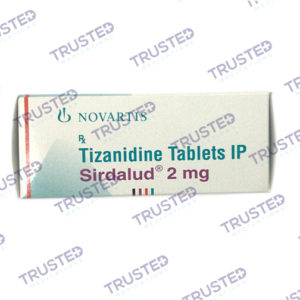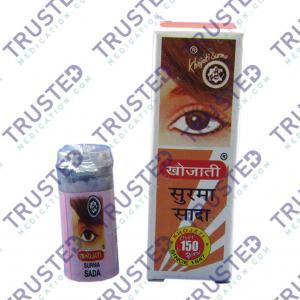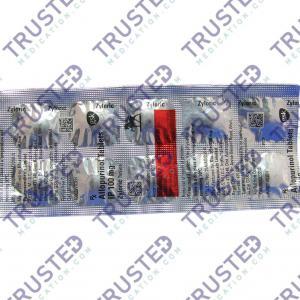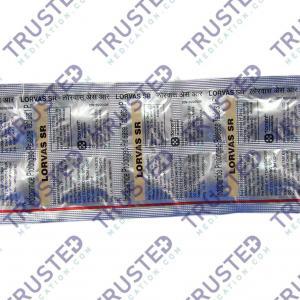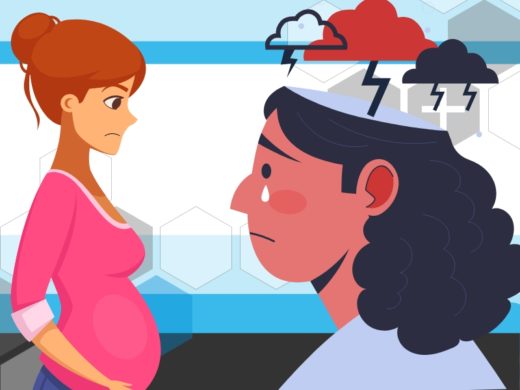
Anxiety during pregnancy and postpartum is a medical condition. These feelings are not something you caused by doing or not doing something. Anxiety is a feeling of sadness, nervousness, or fear. It involves the brain and may occur during pregnancy or after birth. These feelings go beyond what people may experience when they have a bad day or are nervous about an upcoming event.
They may also interfere with your daily activities or taking care of your baby. Anxiety during pregnancy ad postpartum may be chronic but they are treatable. The word postpartum means after birth, so postpartum depression anxiety is talking only about depression after the baby is born. That is why you should seek help if you are starting to experience some signs.

Symptoms of Anxiety During Pregnancy and Postpartum
Women with anxiety around pregnancy may experience:
- Extreme sadness and anger without warning
- Foggy or trouble accomplishing tasks
- Very anxious around the baby and their other children
- Guilty and like they are failing at motherhood
- Unusually irritable or angry
- Little interest in things they used to enjoy
- Scary, upsetting thoughts that don’t go away
Can Anxiety During Pregnancy and Postpartum Affect the Baby?
Anxiety can affect your baby, but not directly. Your baby’s development depends a great deal on mother-child bonding, and getting close to your baby is an important part of that bonding. It can be difficult to become close to your baby if you suffer from depression or anxiety during pregnancy or after birth. Having these emotions may make it difficult for you to respond to what your baby needs.
What Can You Do?
Currently, there is no specific way or medication to prevent anxiety during pregnancy and postpartum. But knowing the signs and symptoms may help you manage and prevent it. Here are things you can do:
- Connect with other moms or look for a moms’ group in your community or online. These groups may give you the chance to learn from others who are going through or have gone through the same thing and to share your own feelings.
- Make time for yourself. Take a relaxing bath without interruption or leave the house to do something for yourself.
- Do something you enjoy, whether it is listening to music, reading a book, or watching a favorite movie.
- Take a bit of time each day to do something you enjoy. You do not have to do everything. Just do what you can and leave the rest.
- Don’t be afraid to ask for help from family and friends, whether it’s caring for the baby or doing household chores.
- Sleep is just as important for you as it is for the baby. Sleep when the baby sleeps, during naps, and at night.
- You can seek comfort and company from friends and family members.
- Schedule regular times to be together with your partner or a friend.

